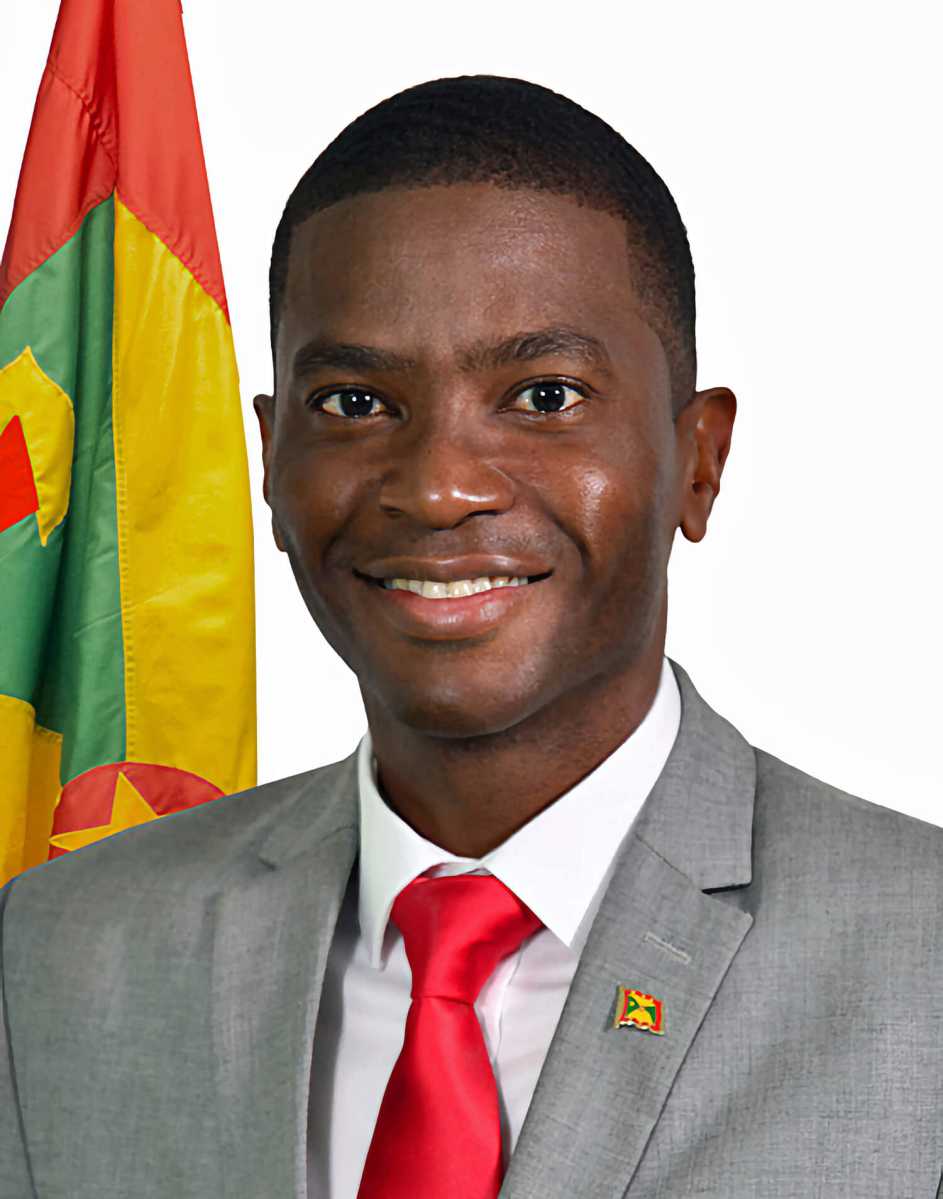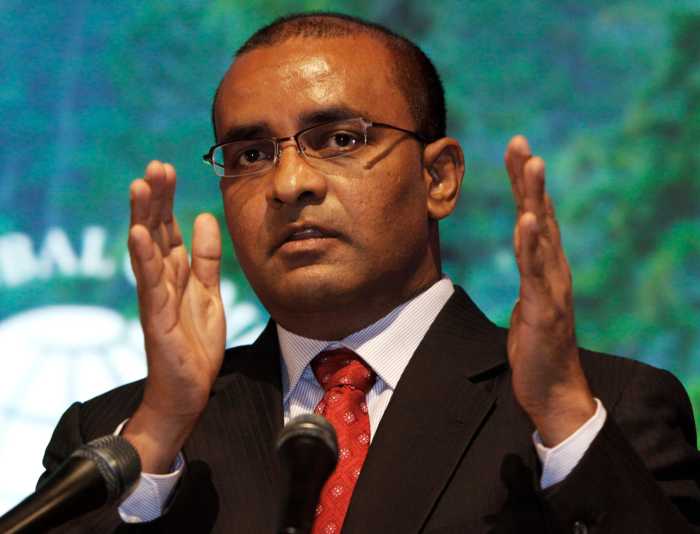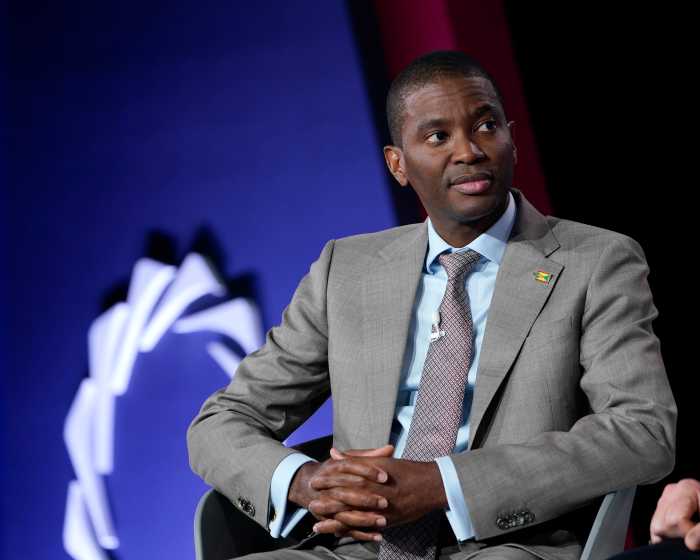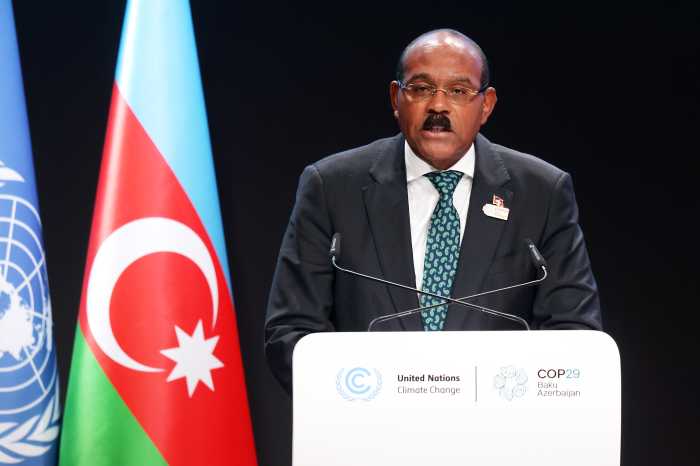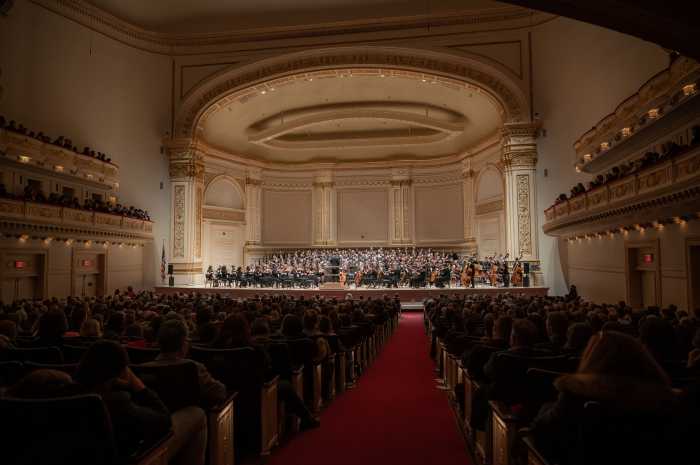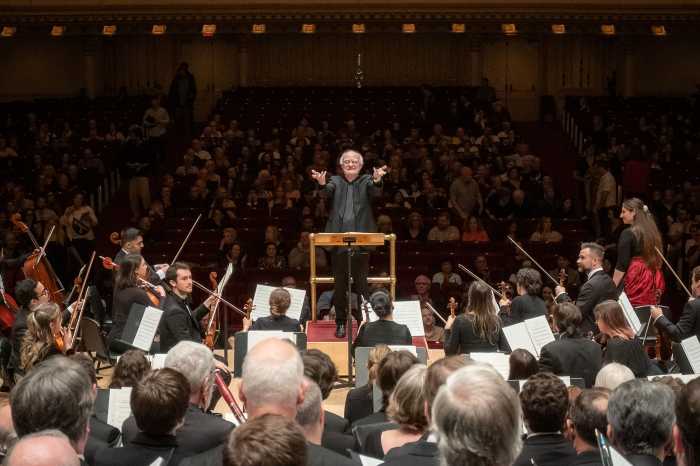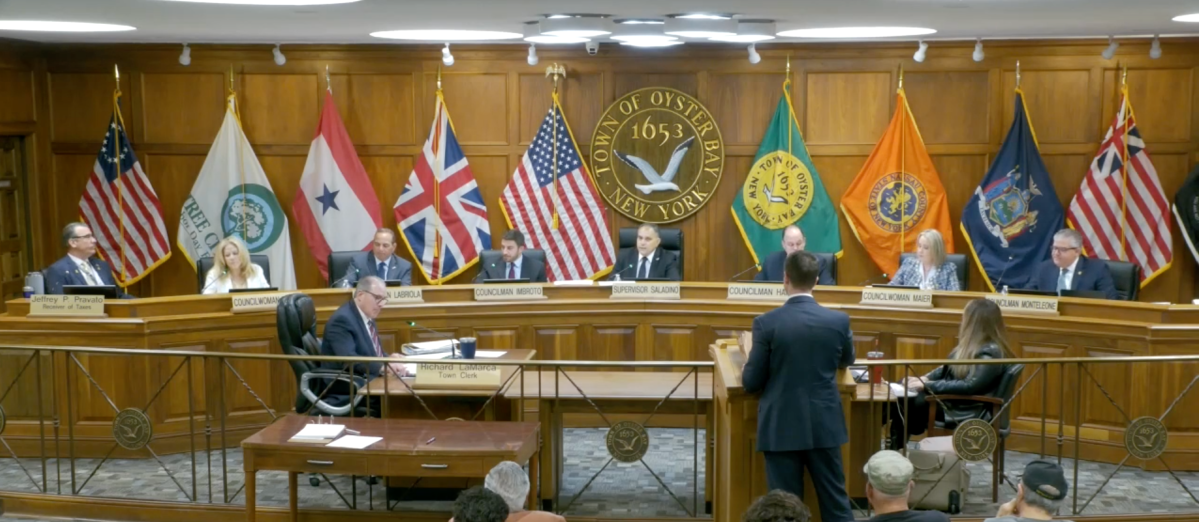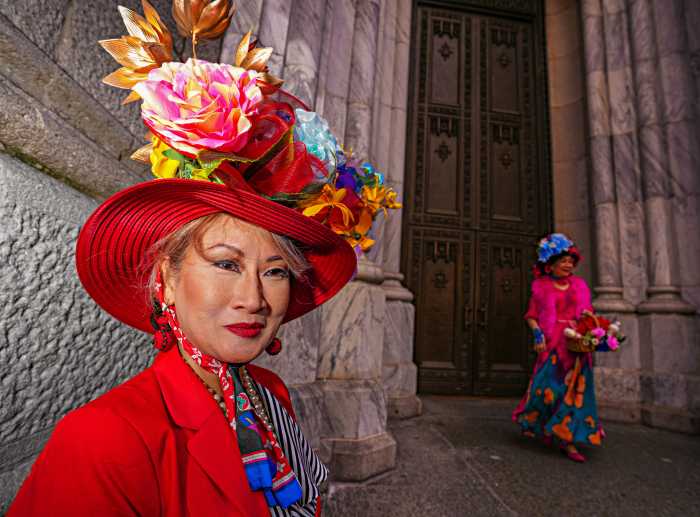Authorities in Grenada have named October 19 as a holiday to mark next year’s 41th anniversary of the assassination of several cabinet members including Prime Minister Maurice Bishop in the wake of the collapse of the then left-leaning People’s Revolutionary Government/ New Jewel Movement government and the subsequent invasion of the Eastern Caribbean nation by the US. This is one of the decisions taken as part of the country’s 50th Anniversary of Independence celebrations. Grenada obtained its independence from Britain on February 7, 1974.
Prime Minister Dickon Mitchell says the island will observe the anniversary of the massacre at the downtown Fort George as two government factions, one led by the charismatic Bishop and the other by far left revolutionary Bernard Coard struggled for power leading to the disintegration of the administration and providing an excuse for the Reagan administration to invade the island and crush its then socialist march.
The new holiday from next month now means that the island will have two in October as the 25th is also a holiday to mark the American invasion allegedly to restore law and order and to return the country to democratic rule.
Bishop and his PRG administration had come to power back in 1979 earlier by toppling the Eric Gairy government amid persistent allegations of human rights violations led by a rogue gang of police officers and others affiliated with Gairy. It never got around to holding elections before it disintegrated as Coard and his faction had moved to take power from Bishop, accusing him of being too politically soft and slow in decision making.
“The cabinet will take the decision and give instructions that the necessary legal work is done to declare 19 October a national holiday, and the intent is to make that a permanent holiday. It is important for us to mark that occasion in a somber manner, in a reflective manner, and perhaps even in an emotional manner, so we understand when we say, for example, that we are a democratic society that we value democracy, we value freedom of speech. Those things actually mean something because the opposite of it would have been what happened on 19 October in a very tragic manner,” Mitchell told reporters as he announced the new developments.
Bishop along with then Foreign Minister Unison Whiteman, Education Minister Jacqueline Creft, Housing Minister Norris Bain, businessmen Evelyn “Brat” Bullen, Evelyn Maitland and Keith Hayling were among at least 20 persons who were slain at the colonial era fort, then known as Fort Rupert after Bishop’s father. It has since reverted to its original name, Fort George.
So far there has been no major rumblings from the opposition about the holiday and the marking of the tragic events of 1983. The Bishop killers had been convicted and sentenced to life by a local court but were freed back in 2007 following a ruling by the British Privy Council which had ordered a resentencing for Coard and his crew. The bodies of those slain are yet to be found but authorities believe they were destroyed at a military camp in the days following the collapse of the so-called revolution.


